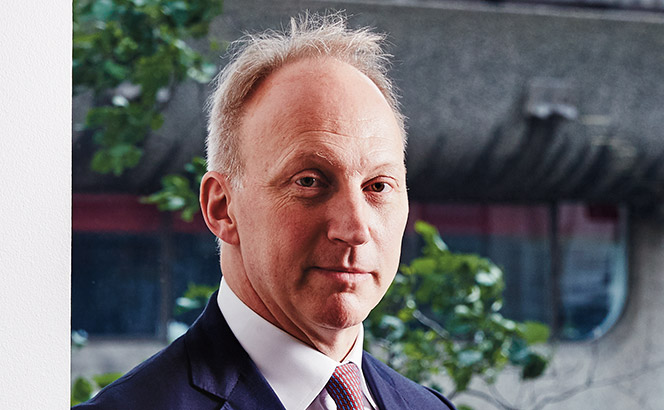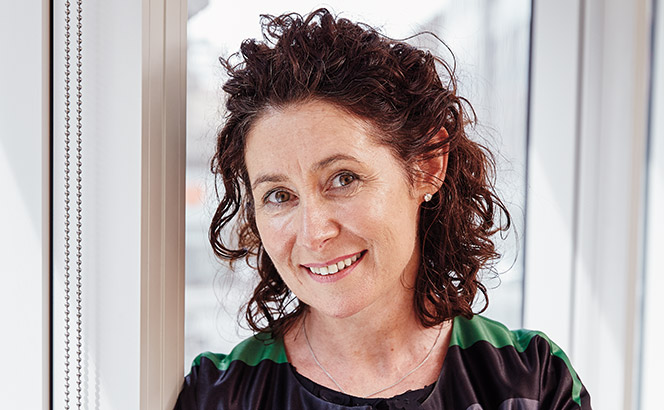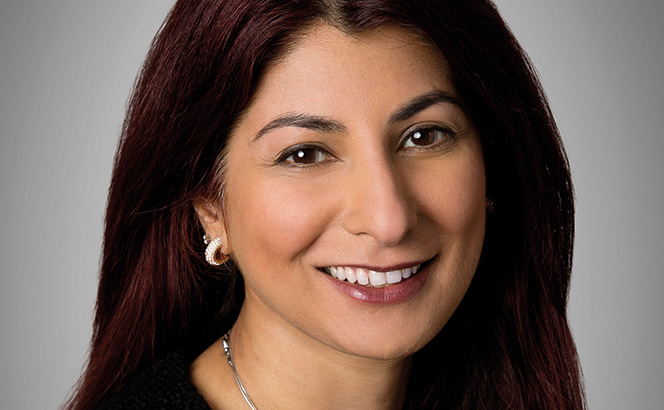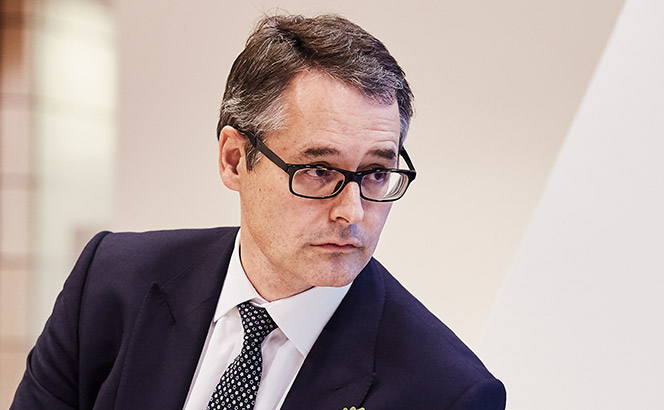
Linklaters has posted the strongest financial performance of its peer group with a 7% revenue uptick to £1.63bn and double-digit profit growth.
The results today (11 July) show profit per equity partner (PEP) at the Magic Circle law firm rose 10% to £1.7m in 2018/19 after being flat in a mixed 2017/18.










